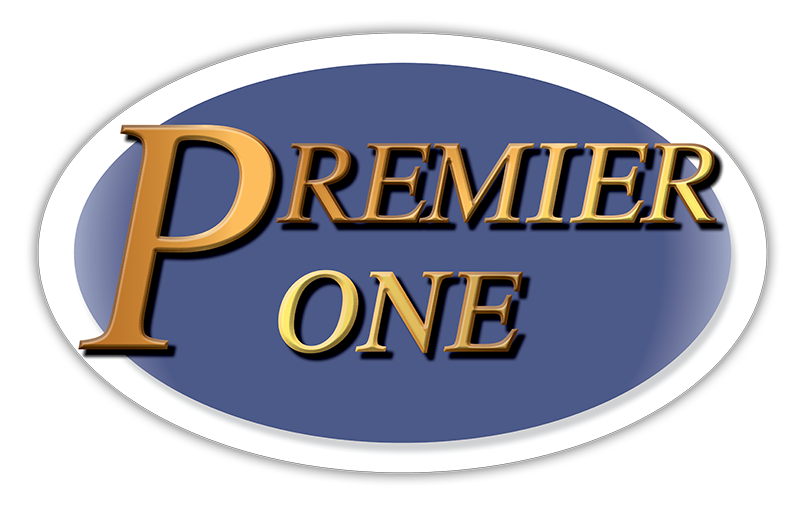What is an HRA
An Individual Coverage Health Reimbursement Arrangement, or ICHRA, can be a game-changer for employers looking for a cost-effective way to offer customizable health benefits to their employees.
So, what is an HRA? As the name implies, an ICHRA is an employer-funded health benefit used to reimburse employees for out-of-pocket medical expenses and health insurance premiums. HRA accounts offer numerous benefits to both employers and employees. As a result, employers of all sizes are choosing to offer ICHRAs as an alternative to group health insurance plans or stipends. A great resource for information on HRAs can be found at healthcare.gov.
ICHRA Employer Benefits
The biggest advantage that HRAs offer to employers is budgetary control. Unlike group benefits, HRA contributions are determined by the employer and remain fixed. Additional benefits include:
Fixed costs:
HRA accounts offer fixed costs and more control over the budget than group benefits which often incur high, unpredictable costs
No minimum contribution:
The employer determines how much they will contribute to each employee
Tax benefits:
Employer contributions to HRAs are 100% tax-deductible
No minimum participation:
Employers set their eligibility requirements
Reduced employee turnover:
Because of the benefits HRAs offer to employees, they help to reduce employee turnover. In a study of one employer who switched from group benefits to HRAs, employee turnover was reduced by 19%
No managing health plans:
With HRAs, employers no longer have the responsibility of managing a health plan, overseeing renewals or meeting participation rates
HRA employee benefits
Group benefits provide cookie-cutter healthcare to everyone in the organization. With HRA accounts, employees can take control of their benefits.
Customizable health care:
Employees are not one-size-fits-all, so it is no surprise that group benefits may not work for everyone. With an HRA, employees have the flexibility to choose the health care plan that works best for their personal needs. The HRA account is there to help pay for premiums and out-of-pocket medical expenses
Tax-free reimbursement:
An employer’s contributions to an HRA account do not count toward the employee’s gross income, meaning reimbursements are tax-free
Portable health insurance:
Although an HRA account stays with the employer, the employee’s health insurance is portable and can follow them
Rollover:
If the employer’s plan allows for it, unused balances can rollover to the following year
What is a health savings account
An HSA, or health savings account, is a great way to save money for medical expenses while also reducing your taxable income. Not everyone qualifies for an HSA, however. Only individuals enrolled in a high-deductible health plan are eligible for an HSA.
Employers that offer high deductible health plans also offer, and often contribute to, HSAs. Unlike HRAs, employees can also contribute to an HSA, but there are annual contribution limits that are established by the IRS each year.
How does a Health Savings Account work
With a high deductible health plan comes an increase in out-of-pocket medical expenses. This increase is a lot easier to manage when you have an HSA. A health savings account is a lot like a personal savings account, but it can only be used for qualified healthcare expenses.
There are multiple ways to fund an HSA, but most employees choose to schedule pre-tax payroll deductions, which reduces their taxable income. Although there is a maximum contribution limit, HSA funds can roll over year-to-year to allow the account to grow. This is especially beneficial as medical costs can vary each year.
HRA vs HSA
The philosophy behind both the HRAs vs HSA are the same. They allow employers to provide affordable health care coverage while offering financial support to help cover health care expenses. Additionally, HRAs and HSAs allow employees to take control over their own health care decisions. They have the flexibility to choose a plan that best fits their needs, but they are not left to figure it out on their own. Employers who implement HRAs or HSAs are also able to provide the information and resources employees need to make an informed decision for themselves and their families.
Although they share a lot of similarities, HRAs and HSAs do have some significant differences. The biggest difference is that the employer owns the HRA while the employee owns the HSA. In other words, if an employee changes or loses her job, an HRA account and any remaining funds will stay with the employer. With an HSA, the employee takes the account and all remaining funds with her.
Another difference is how the two accounts are funded. An employer funds an HRA with a set amount each year. With an HSA, anyone can contribute, including the employer, employee or even a family member of the employee,



